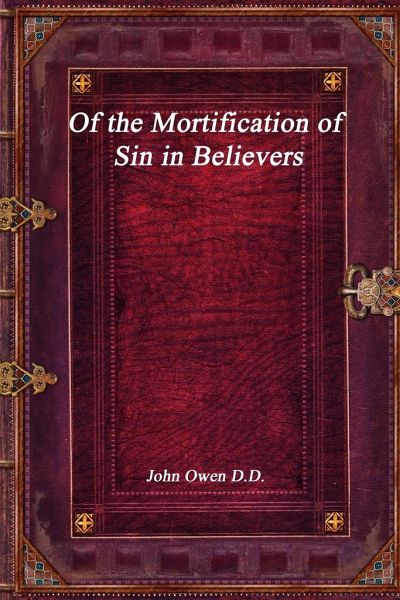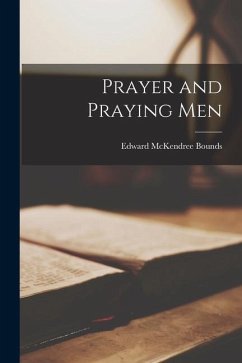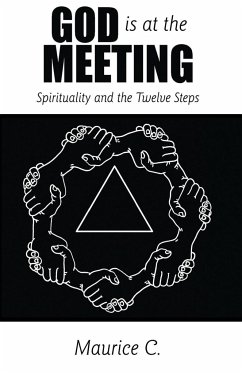
Of the Mortification of Sin in Believers
Versandkostenfrei!
Versandfertig in 1-2 Wochen
18,99 €
inkl. MwSt.
Weitere Ausgaben:

PAYBACK Punkte
9 °P sammeln!
A series of addresses focusing mainly on Romans 8, this work gives a well-grounded view on the way of sin in the life of a believer. This aspect of Christianity is often neglected and most people in the faith just accept it with blindly duty. The doctrine has wide ramifications in our theologies as it makes it evident to us how sin works in our lives and whether it should have any kind of hold on us.














